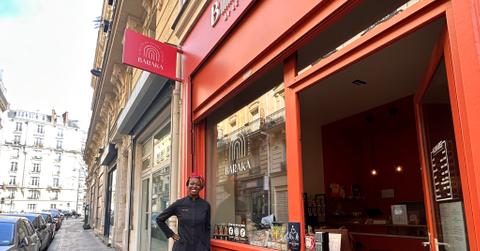
Black Guide to Paris
Where to shop, eat, sleep and see right now in the City of Light.
By Travis LeviusJune 12 2025, Published 4:17 p.m. ET
From the Eiffel Tower and the Louvre to stylish people-watching and aromas of bakery-fresh baguettes, the French capital’s big city charm is inimitable. Overlooked for far too long, though, is the Black Paris experience, which has only started getting its just due with recent newsworthy openings by talented chefs, artists, and designers of the diaspora. Paris is teeming with African and Caribbean culture if you know where to look, and we scoured the city firsthand to find out where. Here’s our guide on where to go now for the Black experience in the City of Light, from blockbuster art exhibitions to Michelin-worthy African restaurants.
--- Where to Eat
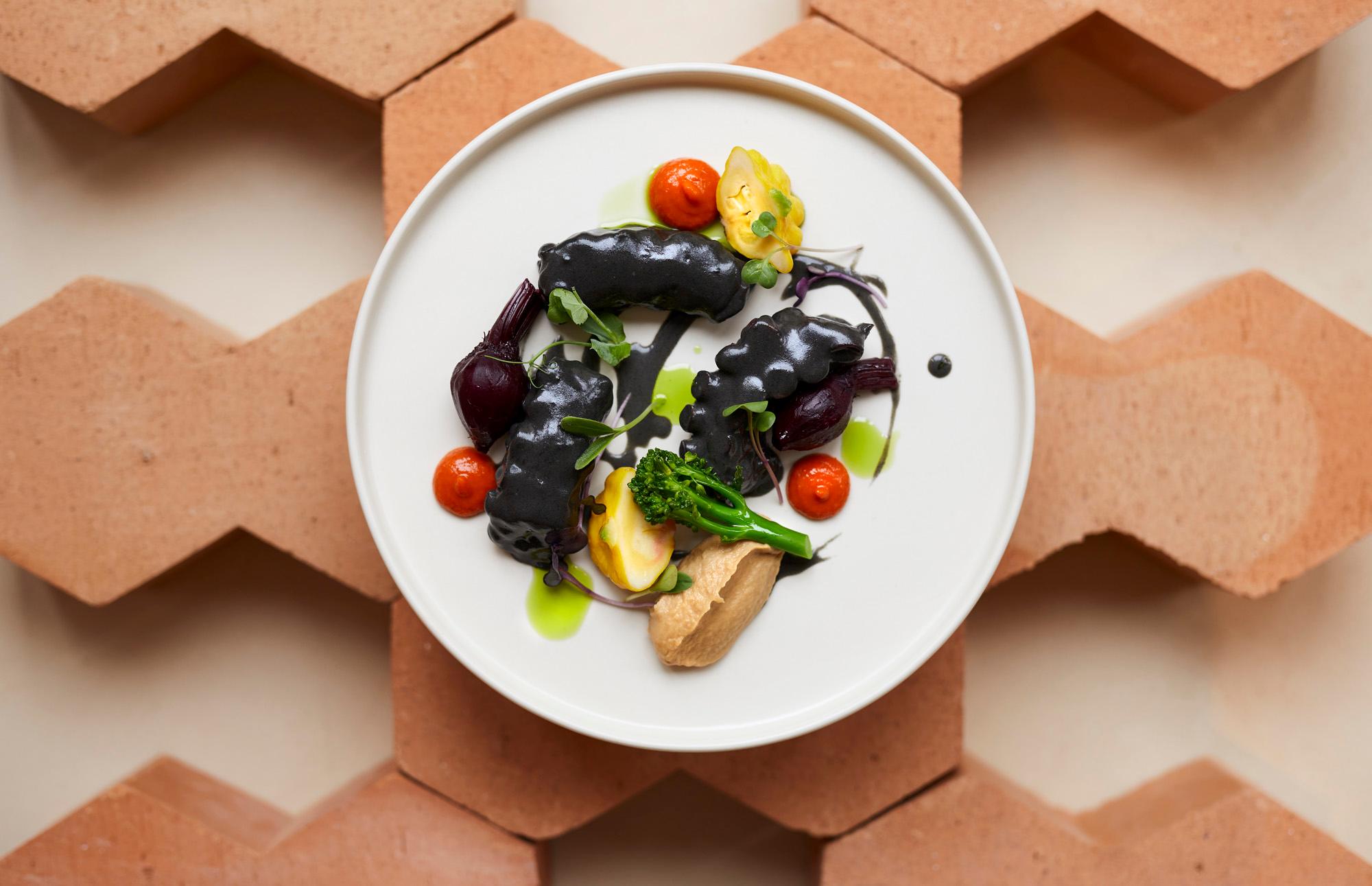
La Table Penja
This elevated bistro in the 7th arrondissement has become one of Paris’ hottest openings since its October 2024 debut. Cameroonian chef Pierre Siewe pays tribute to West and North African ingredients—attiéké, fonio, the Penja pepper from his native country—with inventive dishes that still appeal to the traditional French palate. The menu changes monthly, with à la carte and set menus served in a chic terracotta-walled venue. Expect plates like mashed yam with seafoam and black olives and succulent lamb paired with papaya, green pepper, and miso-glazed mushroom.
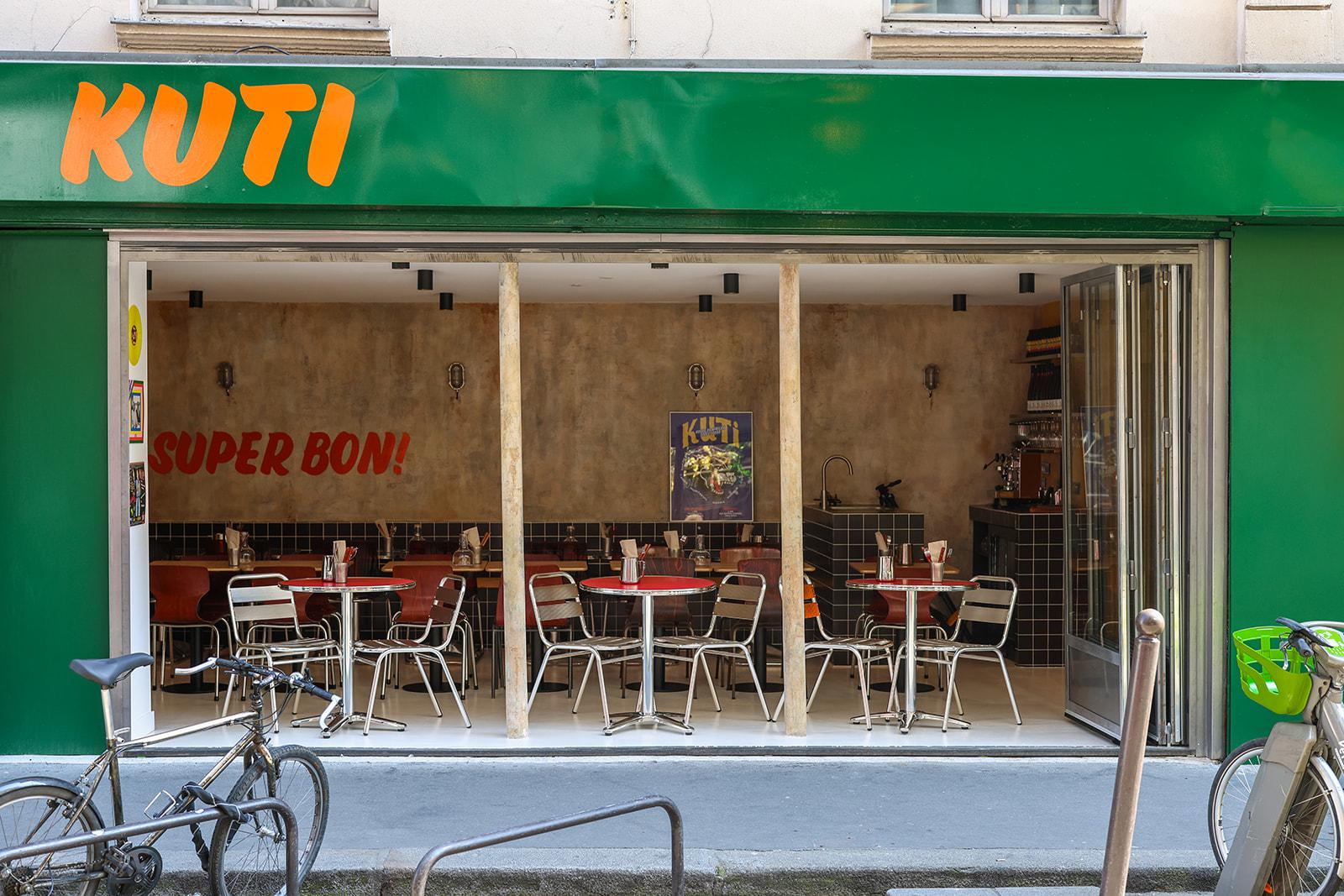
Kuti
Kuti
With a bold green-and-orange exterior based on an unassuming Strasbourg Saint-Denis street, Kuti is difficult to overlook. Inspired by Ghanaian chop bars, this casual, buzzy restaurant serves street food by Franco-Cameroonian owner Antoine Lecocq, sourcing inspiration from Cameroon, Nigeria, Ghana, and Senegal. Bite into a signature masa (a Nigerian pancake) topped with the likes of fried chicken, plantains, yassa onions, and piri-piri sauce or other pan-African comfort foods. Ask for their homemade pepper sauce if you need an extra spicy kick.
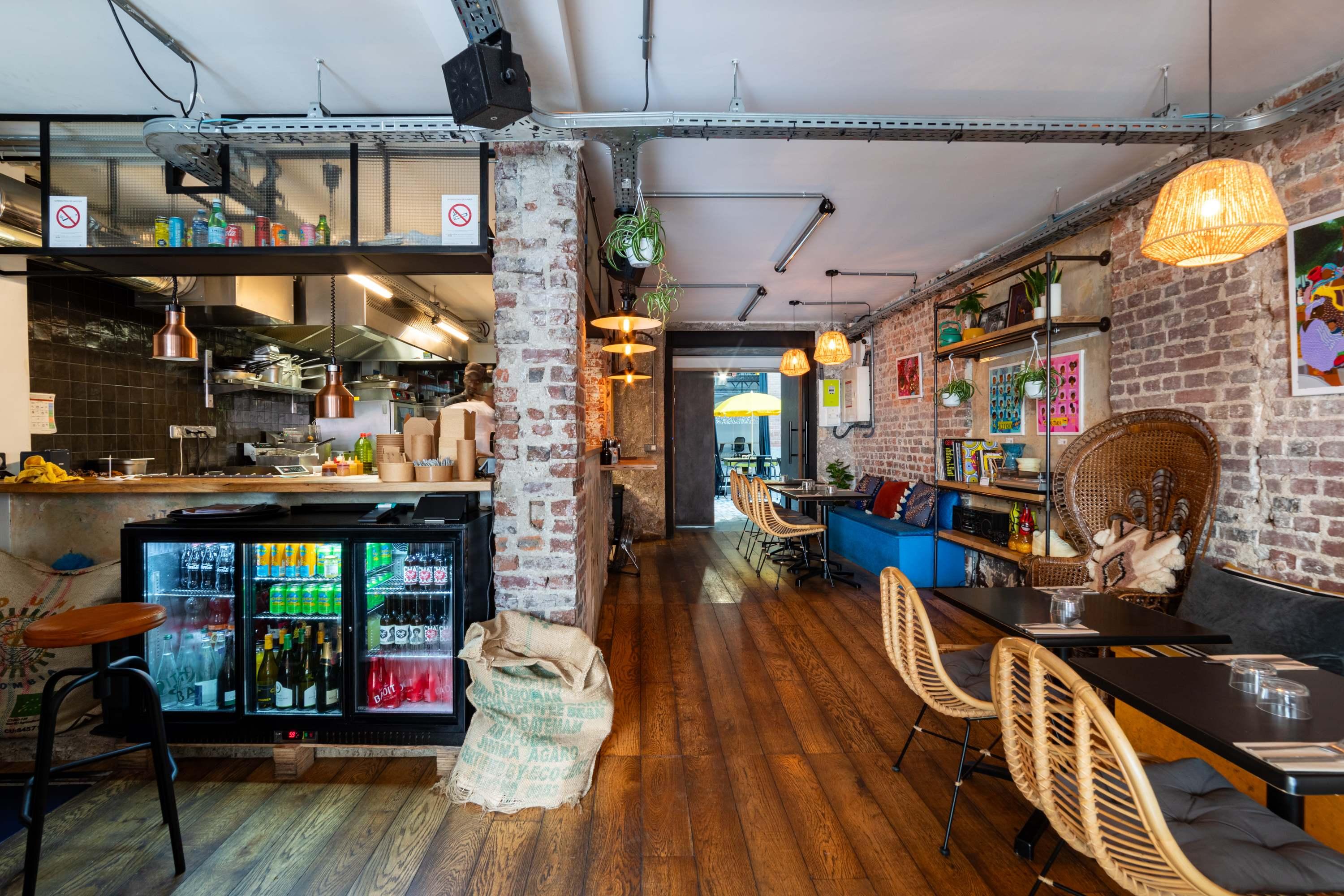
Mama Kossa
Mama Kossa
Even if you’re not going for a meal, Mama Kossa is a must-visit in the predominantly African Goutte d'Or neighborhood. Open from Tuesday to Saturday, Mama Kossa melds African and Caribbean influences in its food and cocktails, from unique burgers to Haitian-inspired Djon Djon rice bowls in a vibrant setting. The tapas platter—sweet fried plantain, peanut butter hummus, jerk wings, and “planticini” balls—gets high marks, as well as the friendly service and pop-up DJ nights on weekends.
--- Where to Shop
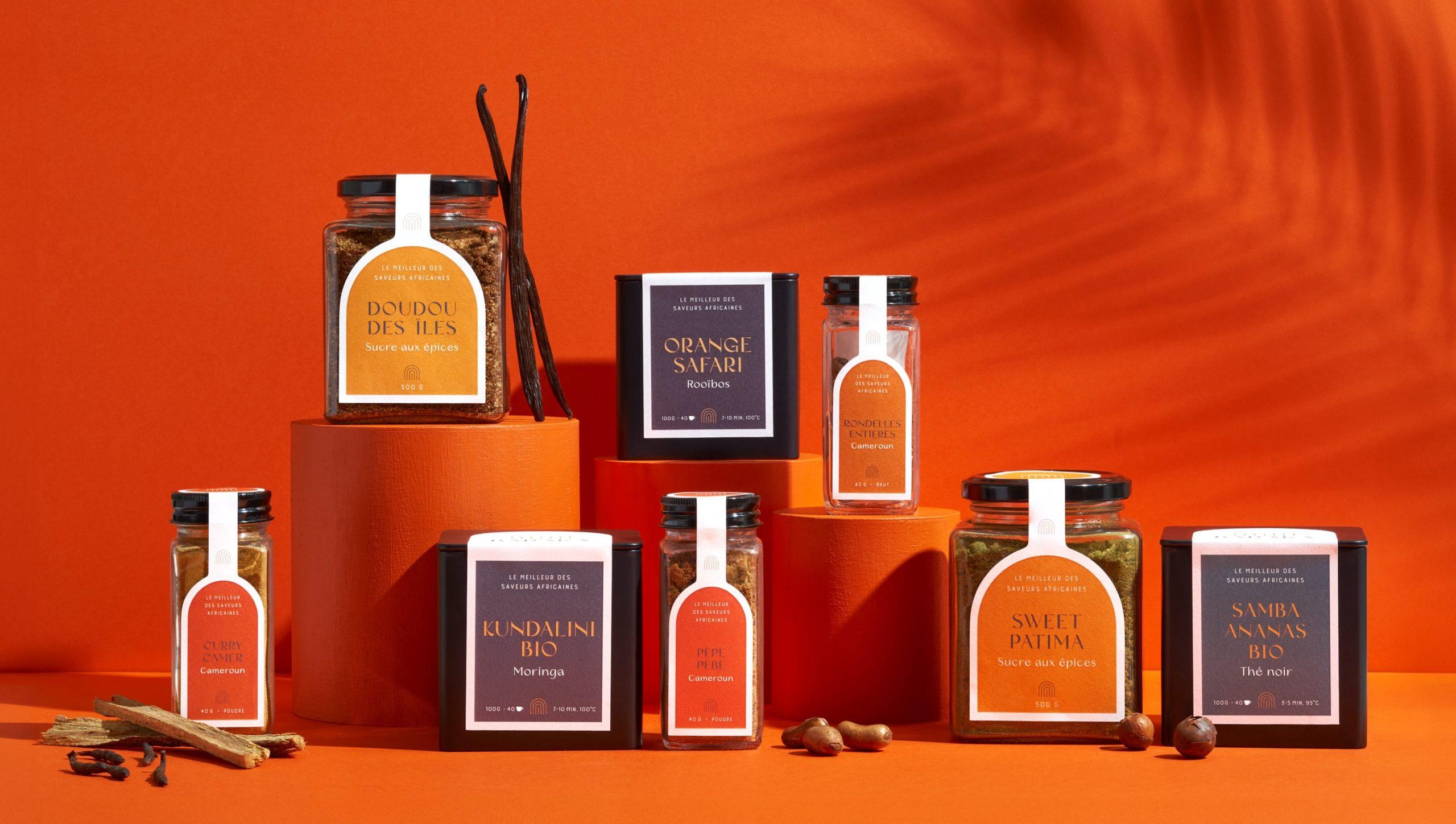
Baraka by Le Chef Anto
Based on a pretty street in the 15th arrondissement, this recently opened epicerie by Gabonese chef/cookbook author Anto Cocagne is a superb curation of pan-African goods. Chef Anto sells her own products here, including loose-leaf teas and assorted African spices, as well as made-in-Africa brands from gin distillers (South Africa’s Bayab and Congo’s Kivu Gin) to premium Ghanaian chocolate bars and cooking sauces from Senegal.
Maïwax Eyewear
Invest in your next pair of glasses at this Black-owned boutique in historic Quartier Saint Paul. Maïwax owner and optometrist Maïmouna Tirera is the first and only Black woman in France to achieve artisan lunetier (trained eyewear designer) status, with her collection often sourced and inspired by the African diaspora. Peruse handmade eyewear embellished with cowrie shells or encased in patterned fabric from Mali or Guadeloupe; don’t miss the small sustainable jewelry collection made from excess frame materials.
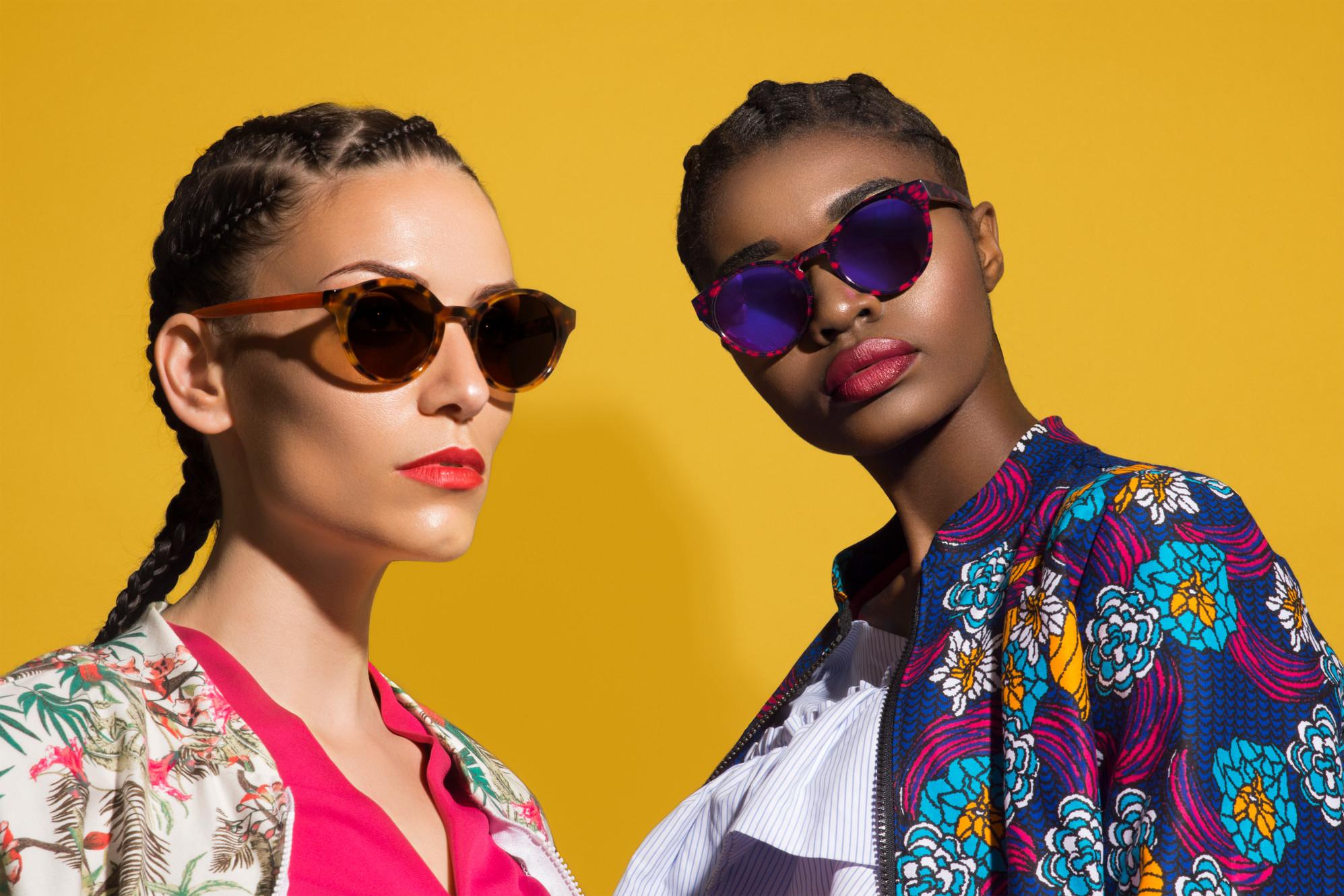
Little Africa Village
Part boutique shop and part local art hub, Little Africa Village is the Goutte d'Or neighborhood’s ultimate purveyor of African crafts, fashion, and home goods. The multi-hyphenate Jacqueline Ngo Mpii cherry-picks the best artisanal offerings of the diaspora to display inside this cultural gem. After you’ve shopped, head downstairs for an ever-revolving art exhibition space, conceived to further amplify Black creative voices in Paris.
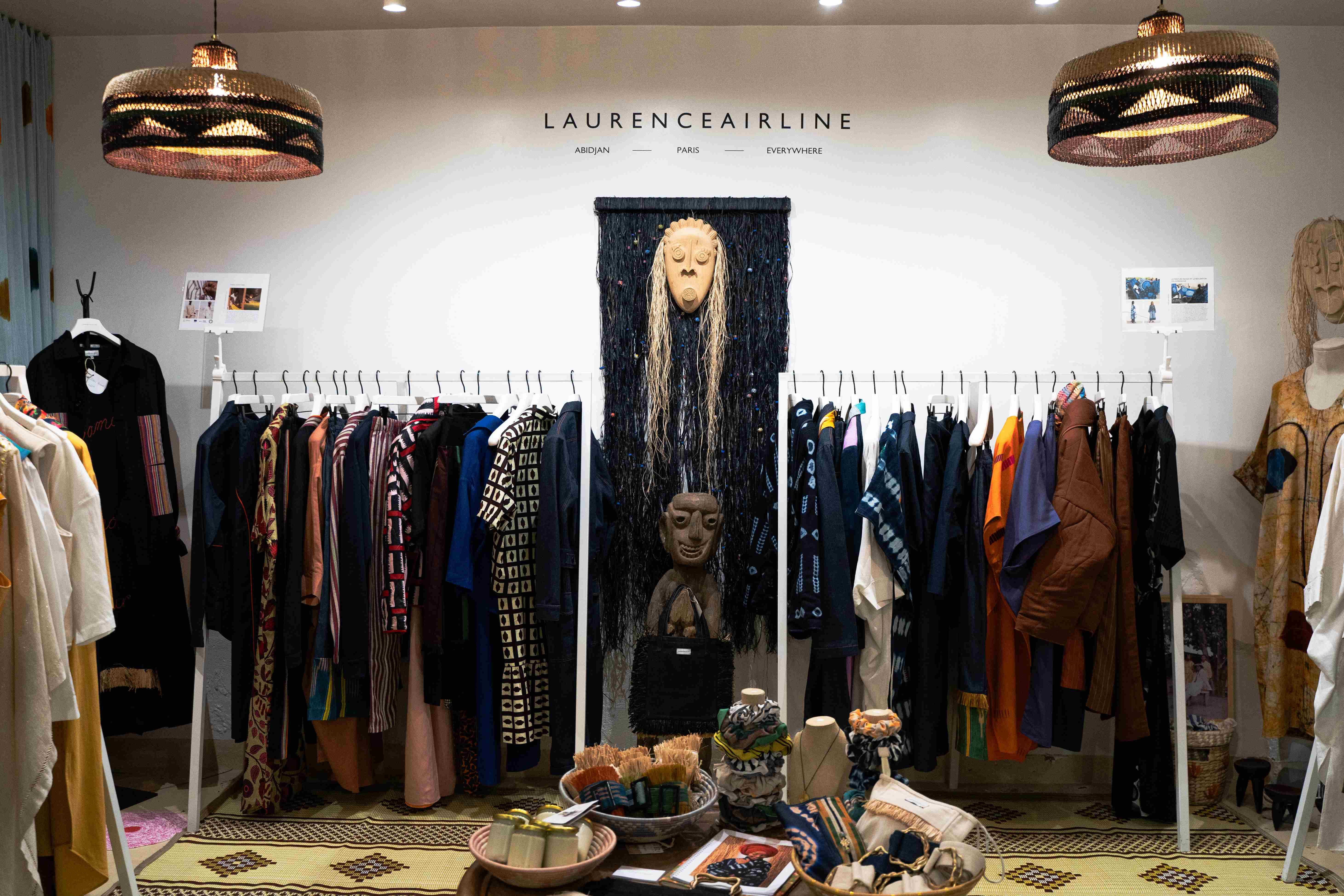
--- What to See
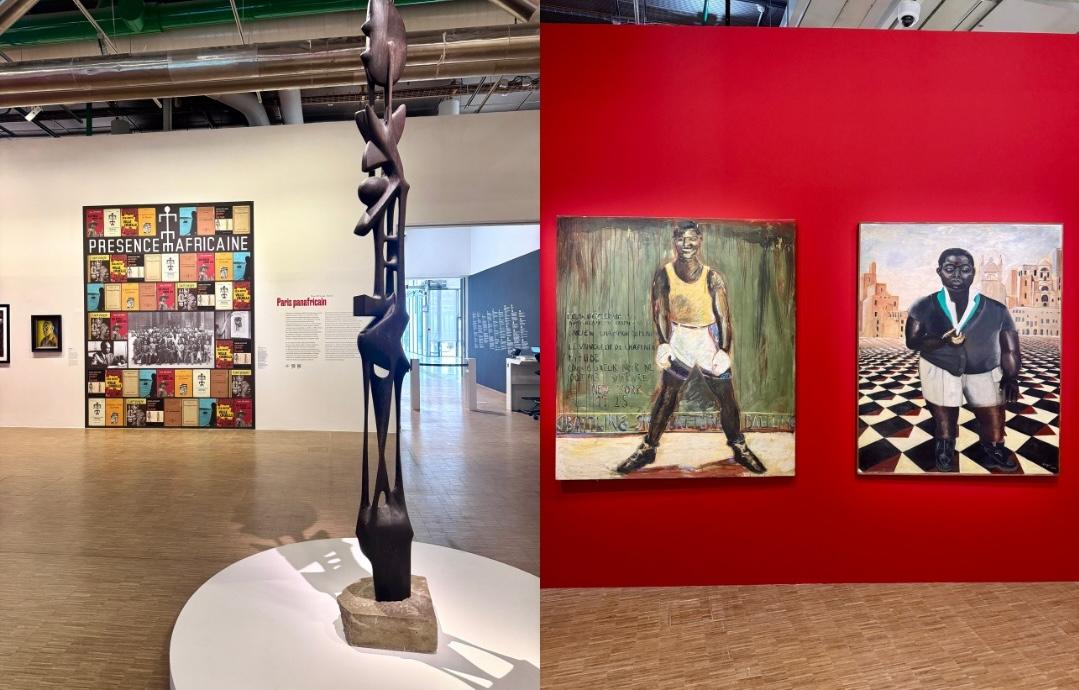
Paris Noir
Paris Noir Tours
Uncover the French capital’s overlooked Black legacy with this award-winning private walking tour. Martinique-born founder Kevi Donat taps into his deep-seated historical knowledge for an engaging look into Black Paris of both past and present by foot, from jazz clubs in Pigalle, where Langston Hughes rose to fame, to the state of race and immigration in today’s France.
Paris Noir Exhibit
Paris-bound? The groundbreaking “Paris Noir” exhibition at the Pompidou Center should be mandatory for your itinerary. The retrospective highlights 150 artists of the diaspora from post-World War II to the 2000s, weaving through artistic movements and historic periods that define the collective Black voice from Manhattan to Montparnasse. From now until June 30th, explore Afro-Atlantic surrealism from Cuba, sketches of honorary Parisian James Baldwin, Gordon Parks photographs, colonial resistance-themed works, and plenty more at this monumental show.
https://www.centrepompidou.fr/en/program/calendar/event/VRo249Y
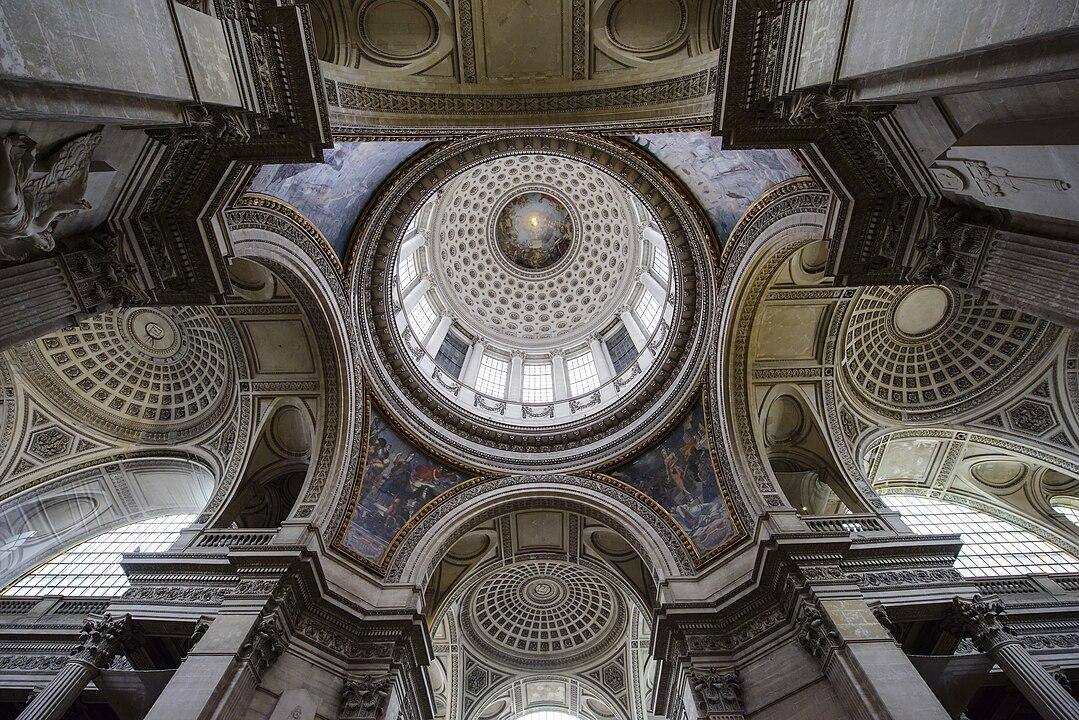
Panthéon
This famous landmark might be best known as the burial place for white French figures like Victor Hugo and Alexandre Dumas, but a closer look reveals homage paid to Black icons who helped shape French history, too. Opt for a guided tour for further backstory into legends like Josephine Baker, the first Black woman inductee, poet-turned-Martinique President Aimé Césaire, and Guadeloupe governor Félix Éboué, the first Black person buried in the Panthéon in 1949.
--- Where to Stay
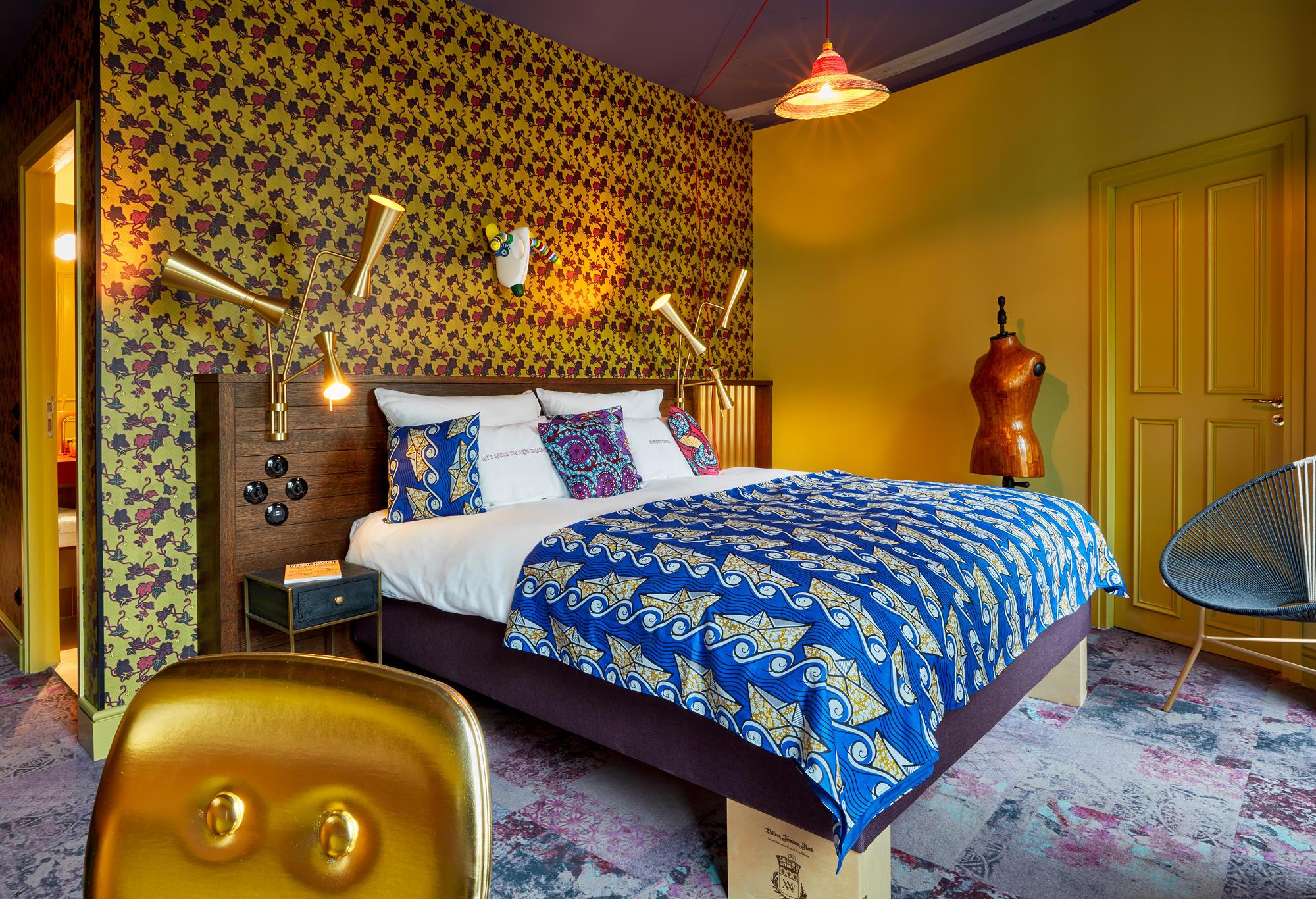
25hours Hotel Paris Terminus Nord
Just across from the bustling Gare du Nord train station is an eclectic lifestyle hotel with strong African influences. The modern, colorful rooms at 25hours Hotel Paris come in bold African and Asian patterns and motifs, an intentional nod to the area’s multicultural footprint. It’s a great base for the Montmartre neighborhood, where the Sacré-Cœur is based, and access to Paris’ African neighborhoods. Have a drink or two at the Sape Bar, a trendy cocktail den inspired by the sartorial Congolese sapeurs (black dandies).
For more information on traveling to Paris visit: https://parisjetaime.com/eng/

